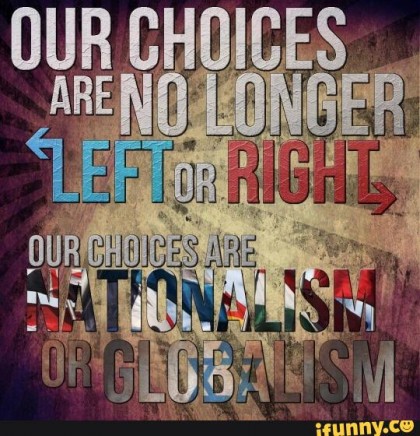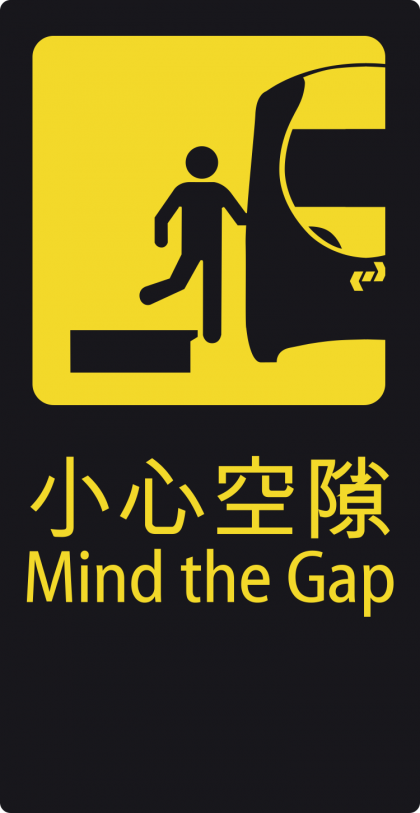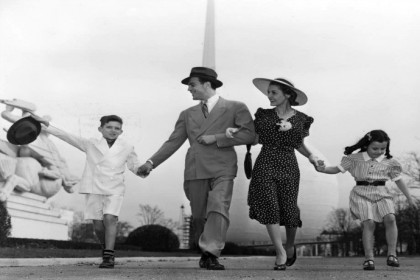Imbolc Valentine Moon
I’ve been reading a lot. Still. Always. A lot of my recent reading has focused on politics. Surprise! There is no simple analysis, but certain outlines have become clearer to me.
 First, the main struggle right now, in both Europe and here, is between globalists, people like me, and blood and soil nationalists, like Trump’s America First. It’s not an either/or, of course, but most of us tend to lean toward one end of a continuum, more concerned about home or more concerned about the world as a whole.
First, the main struggle right now, in both Europe and here, is between globalists, people like me, and blood and soil nationalists, like Trump’s America First. It’s not an either/or, of course, but most of us tend to lean toward one end of a continuum, more concerned about home or more concerned about the world as a whole.
This split has a geographic manifestation. Globalists tend to live in highly populated metropolitan areas while nationalists tend to live in rural or small town settings. If you can recall the red and blue maps of the recent election, you saw this phenomena in color, lots and lots of red, not so much blue. But, if you put population numbers on the map, the blues exceed the red.
Second, this election and its current aftermath has laid bare a disturbing reality of contemporary America. There are former middle class and working class whites whose lives have been upended by globalization and automation and union busting. When today’s world is seen from within their perspective, it looks both bleak and punishing.
 The bleakness is the lack of good-paying jobs for those with less education. The punishment comes from seeing others getting in line ahead of you for the American Dream. This line-jumping (Hochschild’s analysis), as it is perceived by white working class folks, has been created by the left’s very successful focus on identity politics: women’s rights, LGBT rights, civil rights. Put these two together, the bleakness and the punishment, and it’s no wonder we have a reactionary revolt underway, just look at your Facebook feed for proof.
The bleakness is the lack of good-paying jobs for those with less education. The punishment comes from seeing others getting in line ahead of you for the American Dream. This line-jumping (Hochschild’s analysis), as it is perceived by white working class folks, has been created by the left’s very successful focus on identity politics: women’s rights, LGBT rights, civil rights. Put these two together, the bleakness and the punishment, and it’s no wonder we have a reactionary revolt underway, just look at your Facebook feed for proof.
Third, there is an abysmal chasm between the 1% and the 99% and the former methods for upward mobility, especially education, seem to be failing. I say this because much of the asset and income gap can be explained by examining the economic situations of those with college degrees and those without them. This education gap reinforces and sustains the growing imbalance in a world where 5 men have as much wealth as 50% of the world’s population.
 Fourth, after reading Hochschild’s book, I’m no longer convinced that a focus on economic policies will adequately address the working class movement toward nationalism. I say this because Strangers in Their Own Land opened my eyes to the cultural values of much of the working class and the huge barrier they present to any kind of political conciliation. The barrier is large enough that Marilyn Saltzman, of Beth Evergreen, and I, discussing the book, wondered if this might lead to civil war.
Fourth, after reading Hochschild’s book, I’m no longer convinced that a focus on economic policies will adequately address the working class movement toward nationalism. I say this because Strangers in Their Own Land opened my eyes to the cultural values of much of the working class and the huge barrier they present to any kind of political conciliation. The barrier is large enough that Marilyn Saltzman, of Beth Evergreen, and I, discussing the book, wondered if this might lead to civil war.
If you can see the interlocking dynamics among all these points, then you understand the depth of the problem we face as a nation. How will all this playout? I don’t know. In the immediate future, at least four years, much of the work will of necessity be tactical, resisting the most egregious moves of Trump and his gang of mediocres; but, it cannot be only that or the electoral political situation will remain the same or worsen.
Interesting times.
